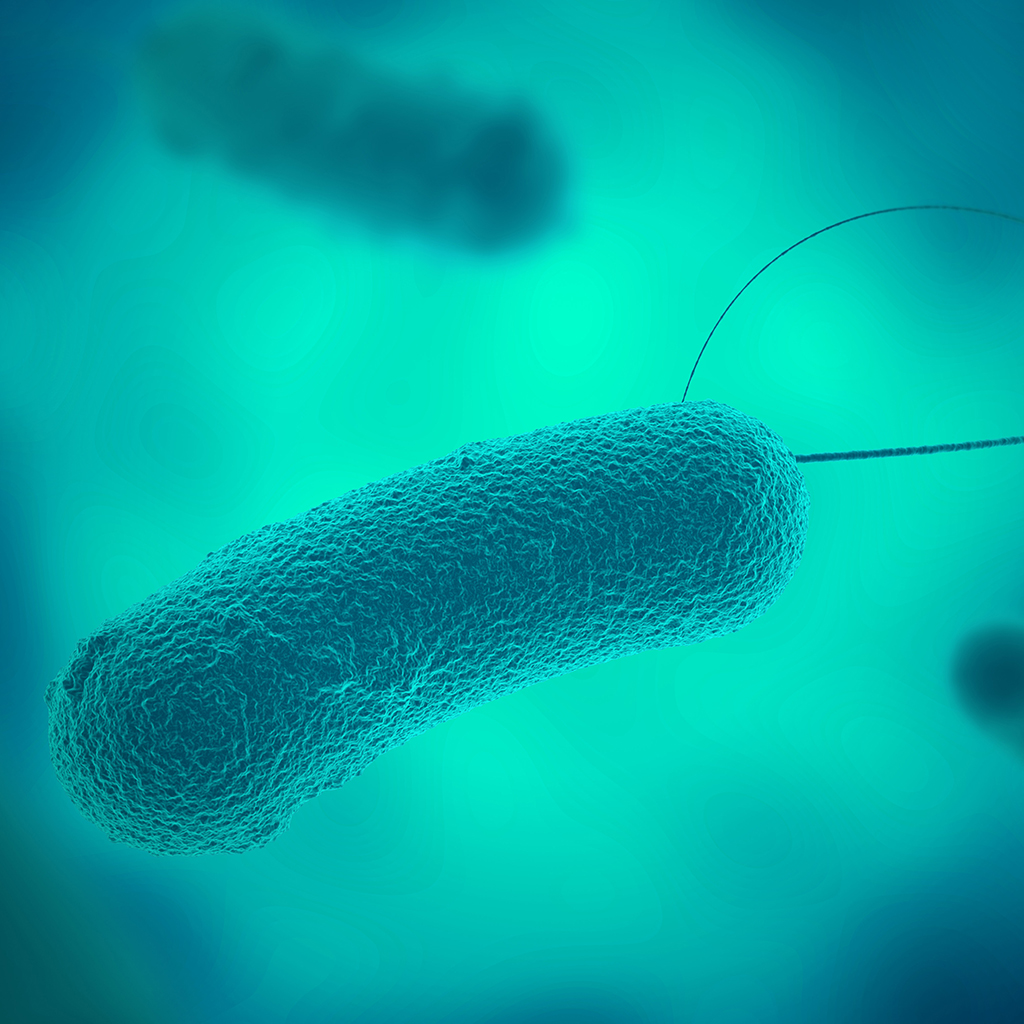Symptoms and treatment of the Escherichia coli bacterium

Publication date: 30-12-2022
Updated on: 16-05-2025
Topic: Gastroenterology
Estimated reading time: 1 min
Article Author
Clelia AndolinaMedical Editor
Federica Furfaro
Editor and Translator
Viktoryia LuhakovaEscherichia coli (E. coli) is a species of the bacterium of the genus Escherichia, which is part of the intestinal microbiota of humans and other warm-blooded animals. Most strains of Escherichia coli are harmless, since this microorganism lives as a commensal in our bodies. But some strains can cause more or less serious diseases, which in most cases affect the intestine and urinary tract. We discussed it with Dr. Federica Furfaro, gastroenterologist at the Ospedale San Raffaele.
What is Escherichia coli?
Escherichia coli is a gram-negative bacterium (they take on a red color after undergoing Gram staining, a chemical process used to classify them), which is normally found in the bacterial flora of our intestines. It is part of the microbiota and is a commensal bacterium, which survives due to the organism in which it lives, but at the same time performs its own function, for example, producing vitamin K.
E. coli is an asporigenic bacillus: it can live in an environment with or without air, ferments lactose, and has the microscopic characteristic of having extroversions that allow it to adhere to the wall of the organ it colonizes.
Symptoms of Escherichia coli infection
Symptoms of intestinal Escherichia coli infection include:
- abdominal pain;
- diarrhea, including bloody diarrhea depending on the location of the infection and the strain of bacteria involved;
- nausea and vomiting;
- fever, usually in the early stage of infection.
Symptoms generally appear 12 hours to a few days after contact with the bacterium and last about 1 week. It is very common for infection to occur in developing countries (so-called "traveler's diarrhea") or in any situation where there are poor or suboptimal sanitary conditions.
E. coli infection can also localize to other organs, causing more or less severe cystitis and urinary tract infections, but also more severe and fortunately rarer pictures of pneumonia, meningitis, and severe pictures of septicemia.
Escherichia coli in urine
Transmission of Escherichia coli causing urinary tract impairment occurs mostly endogenously: the bacterium is found in the person's feces and, due to the anatomical proximity of the anus to the urethra (especially in females), takes advantage of its microscopic characteristics to attach itself to the walls of the bladder and urethra, creating cystitis, urethritis, and infections of varying severity, especially if not treated properly.
In exceptional cases, the bacterium may lead to hemolytic uremic syndrome with severe impairment for the patient, affecting especially children and the elderly.
How is it transmitted?
Transmission of the bacteria occurs through contaminated uncooked water or food. High temperatures, and thus cooking foods, kill the E. coli bacteria.
It can also be transmitted by person-to-person fecal-oral contact, in which sense it is essential to take the hygienic precaution of frequent hand washing.
What tests are to be done to find out if you have E. coli?
Patients with persistent and severe diarrhea may perform a coproculture to determine the presence of the bacterium in the intestine.
Urinary tract infection caused by Escherichia coli is very common and, if properly treated, not dangerous and is identified by performing a urinoculture.
Special attention should be paid to pregnant women, for whom a monthly urine test is required. Even in this condition, if the bacteria is detected, it is important to undergo specific antibiotic treatment to eliminate it completely.
How to prevent it?
Prevention is basically related to specific hygiene rules: hand washing and maintaining one's personal hygiene.
Regarding E. coli in the urinary system, there is no therapeutic prevention, only natural substances that can help the walls of the urethra and bladder take on specific characteristics to prevent the bacteria from adhering to their walls. These are supplements made from grapefruit seed, blueberry and red fruits, recommended especially for those with frequent urinary infections brought about by E. coli.
Escherichia coli in children: is it dangerous?
Children and the elderly are the groups most at risk of having complications related to diarrhea caused by Escherichia coli, especially because of the state of dehydration that can result from this condition. Infection is more common in young patients because of the propensity to put their hands in their mouths frequently.
It is always important that, in case of profuse diarrhea, the child is properly hydrated and the pediatrician is consulted as soon as possible to avoid dehydration and more severe renal consequences.